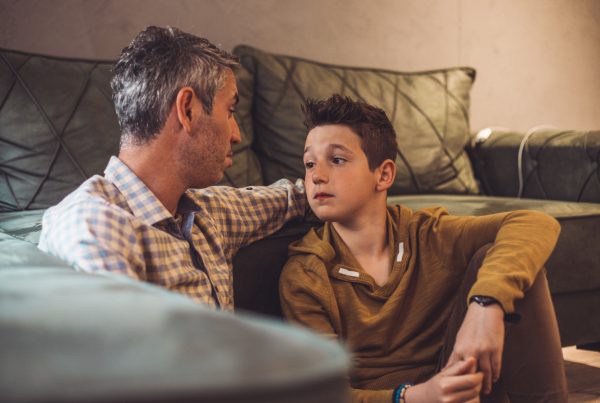Penn State researchers in Harrisburg Pennsylvania have concluded that young recovering addicts who dealt with stress well were more likely to stay in recovery, and those overwhelmed with stress were more likely to experience cravings for drugs and alcohol. Teens experience stressors on many levels, including academic pressures, social stress, and family responsibilities. A good rehab recognizes the multiple stress factors present in teens’ lives before and after entering treatment and provide them with the tools to effectively deal with stress and stay on the road to recovery.
Adolescent treatment centers are an effective way to help teens dealing with mental health issues and drug and alcohol abuse, but a “soft landing” aftercare approach is important in helping teens maintain sobriety upon transitioning back to the “real” world. Soft-landing approaches include an intensive outpatient program with continued group and individual counseling, 12-step support groups, sober high school, and sometimes sober-living transition housing. The life of a teenager is stressful for many reasons, and adding addiction into the mix doesn’t make it any easier. An assisted transition from teen residential treatment back to the world is intensely helpful in continued sobriety.
Please share your thoughts and insights in the comments…We would be honored to read them!
(We’d also be honored if you’d consider SUBSCRIBING HERE!)







